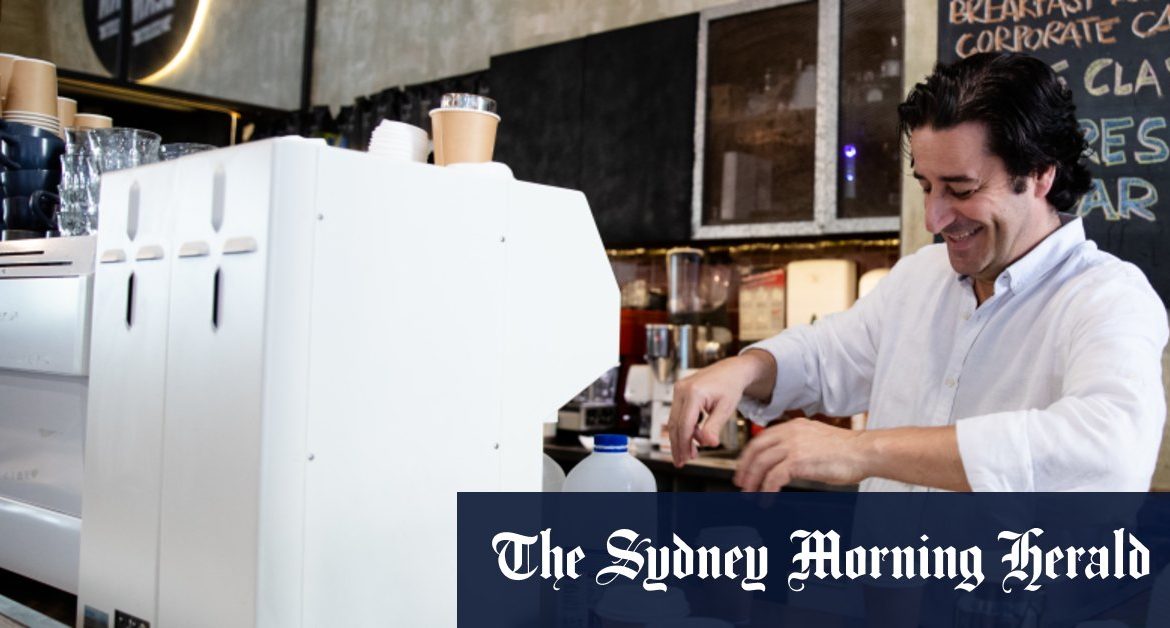“It has been very quiet since we returned on January 4. It is always quiet in January in the city when people are on holidays. But people are also scared to move around now and very cautious about travelling around on public transport.”
A survey released on Friday shows that, while business conditions across NSW improved strongly towards the end of last year, around one in four firms is still at “high risk of failure” once emergency pandemic support measures such as the federal government’s JobKeeper wages subsidy, interest waivers and other hardship measures are withdrawn in coming months.
Business confidence in the state was positive in the December quarter for the first time since June 2018, the research by peak body Business NSW shows. However, the survey pre-dated the northern beaches lockdown and abrupt state border closures over the Christmas-New Year period which is likely to have affected sentiment.
“The first quarter of this calendar year will be crucial for many businesses,” said Business NSW chief Nola Watson.
Marino Plagiotis said the latest outbreak had been a disaster for his business. Credit:Edwina Pickles
Sydney Business Chamber executive director Katherine O’Regan said retail trade had strengthened leading into Christmas and then fell quiet after recent COVID-19 outbreaks. She said many businesses that planned a return to the office early in January had put things “on pause”.
“Many businesses have said if you can work from home up until Monday, January 18th, then do that,” she said. This had impacted surrounding retailers and coffee shops who have missed the usual January return of foot traffic seen in previous years.
“Things were looking optimistic and then just fell off a cliff as the hotspot was determined,” Ms O’Regan said. “If there are ways and means we can flatten the curve for businesses, that would be useful.
“For the CBD, we need to think about how we drive that foot traffic back in a more sustainable way.”
Mandatory masks was an example of strategies that could help give businesses more certainty to reduce the “ups and downs” in business.
NSW Health Minister Brad Hazzard on Thursday said public health directions for workplaces, which allow employers to choose whether staff should be at work in person, are appropriate. The state government has softened its position since late last year when it urged employers to return staff to workplaces, saying it would “lead by example” by returning the public service.
Loading
“We see no reason to change the current arrangements which largely leave it to the employers and their staff to determine whether or not people should be at work,” Mr Hazzard said.
The Business NSW survey showed there was a bigger share of businesses prioritising expansion of their operations in the December quarter (38 per cent) than prioritising downsizing of their business (30 per cent). More firms also expected the economy to strengthen in the future (47 per cent) than expect it to weaken (26 per cent). But demand for new labour remained very soft with only once in six firms reporting increased staffing levels in the quarter.
Ms Watson said business conditions in the state were turning the corner following the ravages of the COVID-19 pandemic but warned “vulnerability will hang over the small business sector” for much of this year.
Get our Coronavirus Update newsletter
Stay across the news you need to know related to the pandemic. Sent Monday and Thursday. Sign up here.
Anna Patty is a Senior Writer for The Sydney Morning Herald with a focus on higher education. She is a former Workplace Editor, Education Editor, State Political Reporter and Health Reporter.
Matt Wade is a senior economics writer at The Sydney Morning Herald.
Most Viewed in Business
Loading







